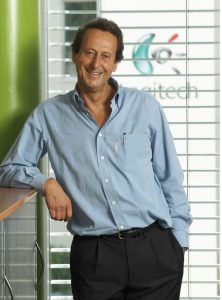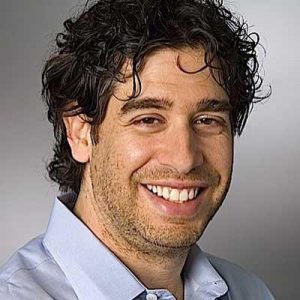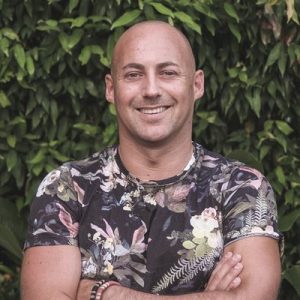Daniel Borel : Swiss Entrepreneur & Co-founder of Logitech
In any business, you must keep an eye on the upcoming opportunities and grab it as soon as it shows up. In business, the success comes to those, who keep the courage of doing the same thing in a different way. One of such business personality from Switzerland is Daniel Borel, who always knew that he wanted to do something big and that big thing resulted in a multimillion tech company, i.e. Logitech.
It was Borel’s capability to see in the future such that he was sure that starting a business of mice manufacturing, that was just arrived in the market and could be a risky one, surely will lead him to success. Today, Logitech is not only world’s largest mice manufacturing company, but it also supplies other products including remote controls, security cameras, keyboards, webcams, speakers, B2B video conferencing equipment, computer accessories, gaming products, etc. at a global level.
Early Life
Born, on 14 February 1950, Daniel Borel is a native of Switzerland. In 1973, he completed his graduation in Physics from Ecole Polytechnique Federale de Lausanne. Even being a physicist, he wanted to do something else, so he switched to computing and in 1977, did his masters in computer science from Stanford University.
Early Career & Founding Logitech
After his post-graduation, Borel moved to the Silicon Valley. It was a huge culture shock for him, as people were working on innovative ideas and the technology was changing at a rapid rate. This inspired him a lot, and he along with, Pierluigi Zappacosta, one of his friends from Stanford University, started working on word processing.

The two were doing quite well in both software and hardware, and at the same time, they started Logitech. They started the company in a farm of Borel’s father-in-law in Apples, Vaud, Switzerland in 1981, along with a former Olivetti engineer, Giacomo Marini.
At the time, around the early 80s, the computer mouse had just arrived in the market along with the personal computer. Borel found an opportunity in the same, and as he was already in contact with big companies like Apple and HP, he decided to manufacture mice for those companies.
Borel, as already had made plans on manufacturing computer mice and its software interface, visited Taiwan and China, to look for companies that could help him manufacture them. At the time, Microsoft also had started using the mouse for its word processor.
Logitech was successful in developing mice for the personal computers, along with a software interface, and approached Microsoft in order to sell those mice to it. Microsoft also showed an interest, but the deal never happened. At last, Borel had to adopt another marketing technique. He published coupons along with an ad in the Byte magazine, where he offered a price as low as $100 for the Logitech mouse when others were selling the same at $170.
The marketing technique went quite well, and Logitech was showered with orders. Since then, the company is growing at a rapid rate and has developed many other products under its name.
In the year 2008, Logitech reported the manufacturing of over one billion mice since 1985. In the same year, the company acquired Ultimate Ears, a supplier of Bluetooth speakers and custom in-ear monitors for professional musicians. In 2011, it also acquired the mobile visual communications provider, Mirial and in 2017, it acquired Astro Gaming.
As of 2018, the reported revenue for the year was US$2.57 billion, and a number of its worldwide employees have grown to 7000 people since its inception. The the two of its headquarters are established in Lausanne, Switzerland and Newark, California, USA.
Personal Life
Borel worked as the chairman of the company between 1982 to 2008, and as the CEO of the company from 1982 to 1988 and 1992 to 1998. Currently, he serves on the board of directors of Logitech and Nestlé. He has also founded Defitech, a foundation to make computer technology for handicapped people, where he also serves on the board of the company.

Yashica is a Software Engineer turned Content Writer, who loves to write on social causes and expertise in writing technical stuff. She loves to watch movies and explore new places. She believes that you need to live once before you die. So experimenting with her life and career choices, she is trying to live her life to the fullest.





